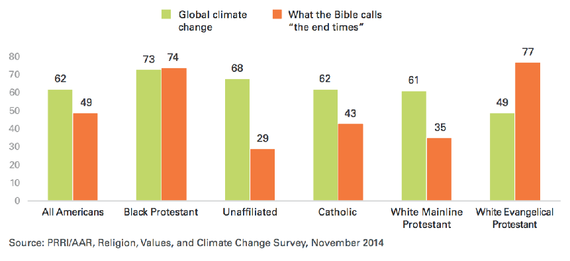"Human Reason, in one sphere of its cognition, is called upon to consider questions, which it cannot decline, as they are presented by its own nature, but which it cannot answer, as they transcend every faculty of mind." - Immanuel Kant

My son survived this serious collision. Honda’s expert safety engineering saved him. (Courtesy of Lynn Beisner)
Last Friday night, a semi-trailer pushed the car my son was driving into a Jersey barrier. The trailer’s back wheel landed on the hood of the car, less than six inches from my son’s head. Every window shattered, throwing glass inches from his face.
But my son has not a scratch on him.
I was so overwhelmed with gratitude that I wrote a letter to Honda praising the expertly engineered safety features that saved his life. I explained that I had been in an equally serious accident 18 years earlier and had suffered a serious brain injury and broken bones all over the right side of my body, requiring countless surgeries.
I posted the letter on Facebook, and closed it with this:
I want to extend my thanks to the engineers who used their intelligence and skill to create a car that safe, to the crash test dummies who have died a thousand horrible deaths and to your executives who did not scrimp on safety.Thank you, Honda.
That last line rubbed some people the wrong way. While many who left comments on my post were just glad that my son was alive and well, others wanted to know why I had thanked Honda for that outcome. The entity that deserved my thanks, they said, was God. One commenter wrote: “I am thankful that God held your son in His embrace and I am curious why you thanked Honda rather than Him.”
Before I go any further, let me be clear: I am deeply grateful that I still have a son to make fun of my tastes in music, drink milk out of the carton and turn my mother-heart to mush when he tells me that he loves me. In moments of private devotion, I find myself at a loss to express how thankful I felt when I saw the remains of his car and how perfectly it had formed a cocoon for his body.
However, over many years of thinking about religion and faith, I have noticed that something sad and somewhat strange happens when we thank God: We tend to stop there. We simply overlook the decisions, the science, the policies and the people who contributed to the “miracle.” To put it another way: When we focus on supernatural deliverance from harm, we often ignore all of the human ways we can improve our own safety. I am concerned that we may associate survival of serious accidents with the unpredictable hand of Providence, not with airbags, safety testing and the regulations that have put them in place.
For the first 29 years of my life, the only cars that I could afford were dodgy and dangerous. One of them had a tricky power-steering pump. One day, when the power steering went out, the wheel whipped back when I tapped a curb, hitting my hand on the inside of the wheel and snapping one of the bones. My 4-year-old daughter had to shift gears as I drove myself to the emergency room. Another car required that I park on a hill because, no matter what part we repaired or replaced, it often wouldn’t drive unless I gave it a rolling start and popped the clutch.
When my husband introduced me to Honda, I fell deeply in love. I named that first Honda Mr. Belvedere, after the 1980s television housekeeper because, like its namesake, the car was reliable, boring, safe and served our family well. Every other car that we have owned has been a Honda. The company has not violated our trust in more than 16 years.
But here is the other reason that I thanked Honda: Automobile safety is a cause that is very important to me. I understand from painful personal experience just how fragile the human body can be and how savage a car can become during an accident. I did not want to waste an opportunity to credit a company that saved a life by doing the right thing. More importantly, I do not want to contribute to the mistaken idea that surviving a motor vehicle accident is more a stroke of luck or divine providence than the result of human actions and decisions.
Thankfully, Honda is not the only car company that is producing safer vehicles. The number of traffic fatalities dropped 26 percent between 2005 and 2012, to about 1 in 10,000 people. Such a significant improvement in safety does not happen by accident. And it’s also not a product solely of the free market. The airbag was patented in 1951 and offered in luxury vehicles in the 1970s. But airbags did not become standard in American vehicles until federal regulations began requiring them in the mid-1990s.
Fatal car accidents are not inevitable. We have the ability to prevent them and the amount of injury they cause. Accidents also are not an act of God. No matter what you believe about a divine creator, I think most would agree that an all-poweful and all-loving being would not need encouragement to do the right thing. Unlike people, God does not require regulations and oversight – or even thanks – to be sure that human beings are never sacrificed for profit. The truth is, we cannot make our roads and our cars safer if we ignore what makes them that way: science, regulations and corporations that prioritize safety.













